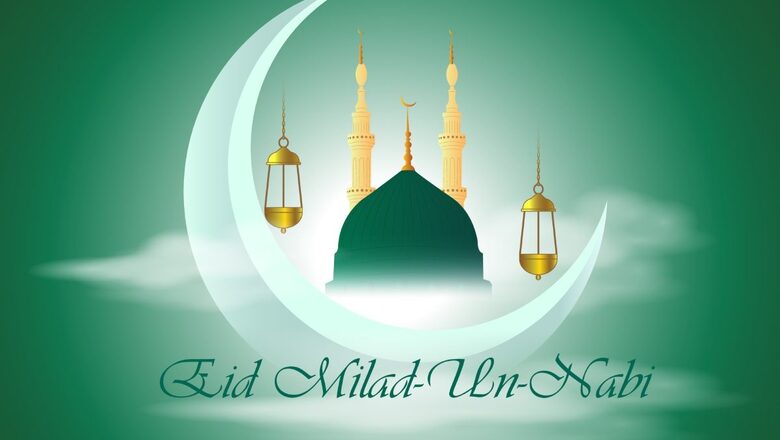
views
Muslims around the world will commemorate Prophet Muhammad’s birthday as Eid-e-Milad. In Arabic, this day is also known as Nabid, Mawlid, or Mawlid an-Nabi. The event takes place during Rabi’ al-Awwal, the third month of the Islamic calendar. Many countries observe the day as a public holiday. In India, the day will be observed on September 28. The festivities involve lively processions assembling at mosques and the public recitation of Muhammad’s teachings.
Eid Milad-Un-Nabi In India: Date
The date for Eid-e-Milad is dependent on the positioning of the moon. As per this year’s sighting, the occasion will begin on the evening of September 27 and continue on the evening of September 28 this year. In India, Eid Milad-un-Nabi has been declared a public holiday on September 28.
Eid Milad-Un-Nabi: History and Significance
Prophet Hazrat Muhammad was born in Mecca, Saudi Arabia, and is said to have attained enlightenment in 540 CE in a cave near Mecca called Hira. During his lifetime, Muhammad established Islam and established what is now Saudi Arabia as a single kingdom dedicated to worshipping God. Following Muhammad’s death in 632 CE, many Muslims began to observe numerous informal festivals to commemorate his life and teachings.
Shias and Sunnis observe the day in different ways. On this day, Prophet Muhammad, according to Shia tradition, chose Hazrat Ali as his successor. On the other hand, the Sunni community gathers for prayer on this day. The celebration of Eid Milad un-Nabi began in Egypt and eventually expanded around the world.
Eid Milad-Un-Nabi: How to celebrate
Milad-un-Nabi meetings are held to recall, discuss, and honour the Prophet Muhammad’s birth and teachings. Many devotees send well wishes to their friends and relatives.
Some of the activities performed on this day include prayer meetings that last all night, marches and parades that draw enormous crowds, festive banners adorning homes, mosques, and other religious structures, meals being served in mosques, and other community facilities.
Furthermore, this is also an opportunity for a significant gathering of religious intellectuals and historians. These individuals attend lectures and have thoughtful conversations about the prophet and Islam. There are also frequent debates about contentious religious issues.
In India, Muslims honour the prophet’s life and actions by composing poetry and writings about him. Milad, un-Nabi-themed paintings and sculptures are created by many artists to commemorate the occasion.











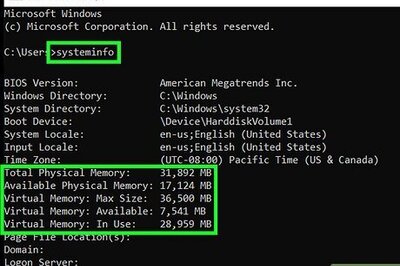

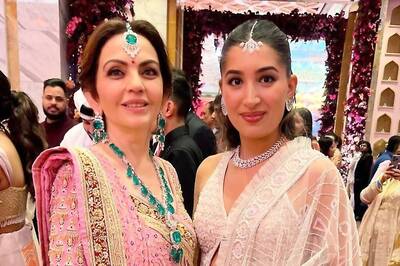
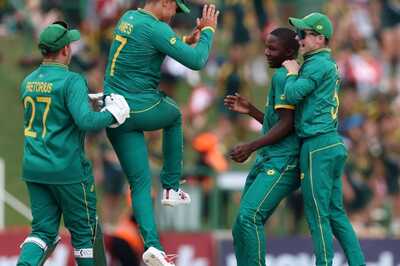



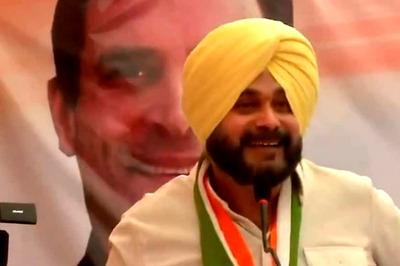
Comments
0 comment